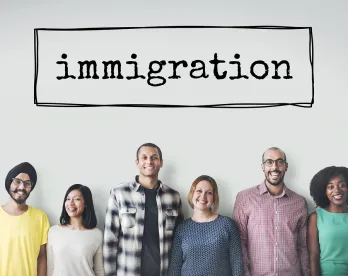On Sept. 24, 2017, President Trump issued a Proclamation with visa and travel restrictions. It imposed new limitations on nonimmigrant and immigrant visa issuance and travel to the United States for citizens/nationals of Chad, Iran, Libya, North Korea, Syria, Venezuela, Yemen, and Somalia. The Proclamation came after two Executive Orders imposing travel bans were issued earlier this year but were delayed in implementation by the federal courts.
On Oct. 17, 2017, U.S. District Judge Derrick K. Watson in Hawaii blocked the Proclamation from taking effect as it applied to all the banned countries, except North Korea and Venezuela. In his ruling, Judge Watson stated that President Trump exceeded his authority as president to impose these restrictions, based on nationality.
On Nov. 13, 2017, the U.S. Court of Appeals for the Ninth Circuit temporarily put part of Judge Watson’s ruling on hold. The Ninth Circuit allowed the Proclamation to partially take effect, but only as it applies to those who have no bona fide ties to the United States. The Ninth Circuit clarified that a bona fide relationship will include grandparents, grandchildren, brothers-in-law, sisters-in-law, aunts, uncles, nieces, nephews, and cousins of people in the United States.



 />i
/>i

